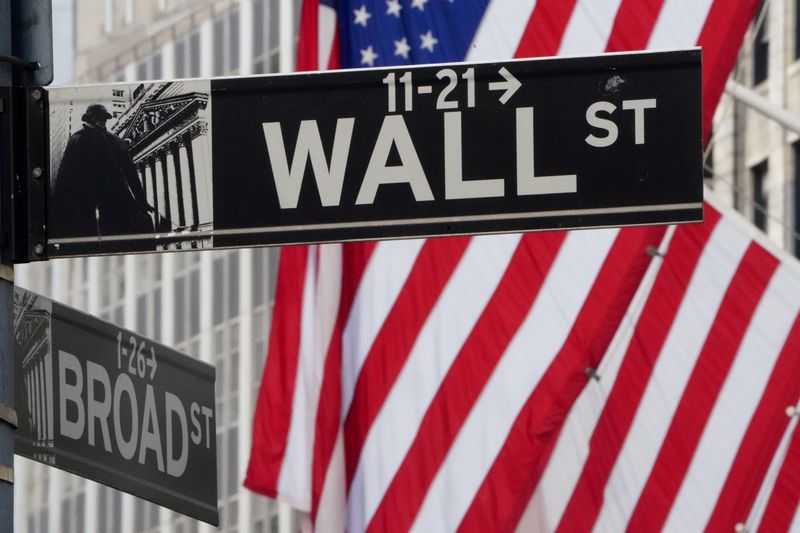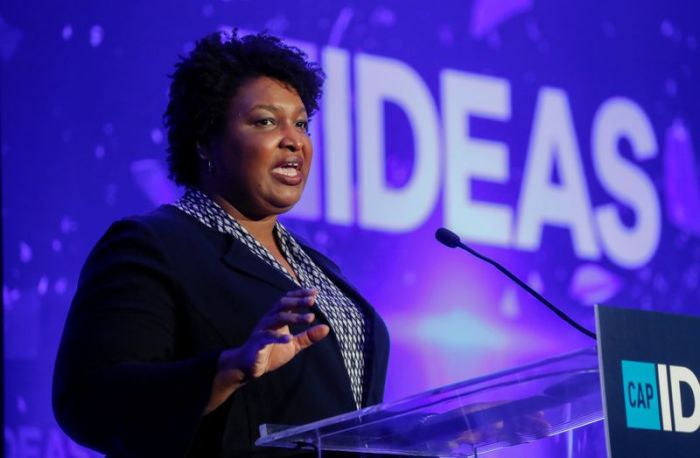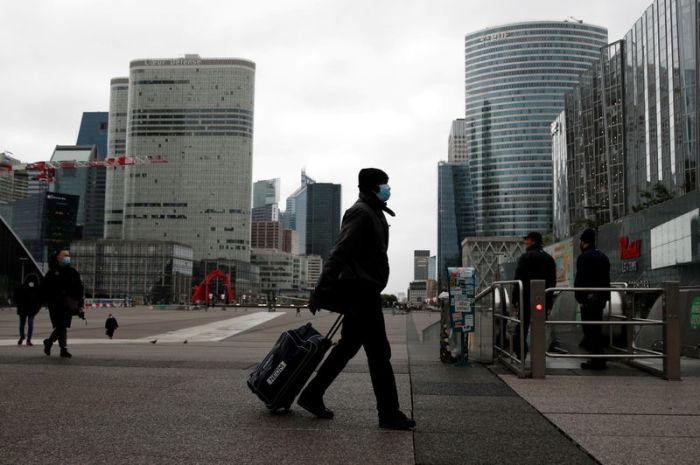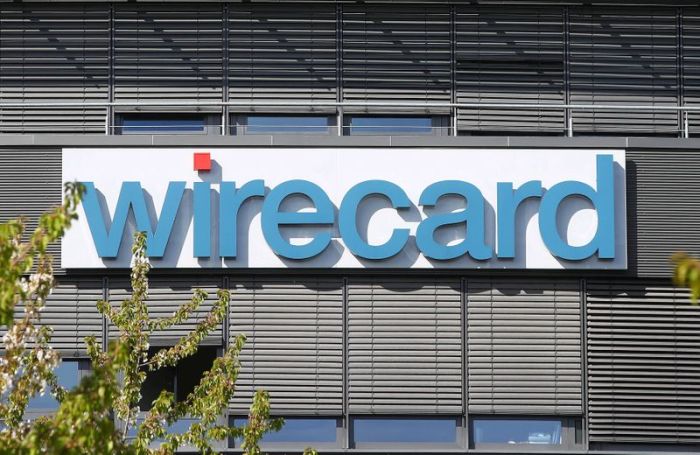NEW YORK (Reuters) – World equity markets slid and safe-haven bonds climbed on Tuesday as rising concerns about a second wave of coronavirus infections outweighed stronger economic data from China and upbeat corporate earnings in Europe.
U.S. stocks dragged global equity benchmarks lower after Anthony Fauci, the director of the National Institute of Allergy and Infectious Diseases, told Congress the virus was not yet under control and that there would not likely be a treatment or vaccine in place by late August or early September.
Stock markets have rebounded sharply in recent weeks as the spread of the novel coronavirus was curbed in the largest economies of Asia and Europe, while parts of the U.S. economy began to reopen after weeks of lockdowns.
“We have had a rally that has not been loved by everybody,” said Hans Peterson, global head of asset allocation at SEB Investment Management. “That rally might continue for a while longer, but we have probably gone on to a bit of a consolidation phase for now,” he said, as investors pause to assess how quickly the global economy can recover.
MSCI’s gauge of stocks across the globe shed 1.31% following modest advances in Europe and slight losses in Asia.
On Wall Street, the Dow Jones Industrial Average <.DJI> fell 457.21 points, or 1.89%, to 23,764.78, the S&P 500 <.SPX> lost 60.2 points, or 2.05%, to 2,870.12 and the Nasdaq Composite <.IXIC> dropped 189.79 points, or 2.06%, to 9,002.55.
“Investors are more focused on the path ahead than the economic damage from the wake of the COVID-19 pandemic,” said Craig W. Johnson, technical market strategist at Piper Sandler & Co, referring to the disease caused by the new coronavirus.
“While the fundamental fallout is historic, expectations remain low, and the fiscal and monetary policy response has been unprecedented.”
China reported its first rise in car sales in 22 months and the removal of tariffs on some U.S imports as part of a Phase One agreement to ease trade tensions with the United States.
In Europe, mobile operator Vodaphone beat earnings expectations and maintained its dividend while logistics group Deutsche Post said it saw business normalizing in Europe.
Safe-haven assets such as government bonds moved higher as investors edged away from riskier investments. Benchmark 10-year U.S. Treasury notes last rose 15/32 in price to yield 0.6795%, from 0.726% late on Monday.
Late on Monday, the Fed said it would start purchasing shares of exchange-traded funds that invest in bonds, though policymakers also downplayed the likelihood of interest rates being cut into negative territory.
Oil prices were boosted by an unexpected commitment from Saudi Arabia to deepen production cuts in June to help drain the supply glut caused by the coronavirus pandemic.
U.S. crude jumped 6.88% to $25.80 per barrel and Brent was at $30.03, up 1.35% on the day.
(Reporting by David Randall; Editing by Bernadette Baum and Dan Grebler)



















